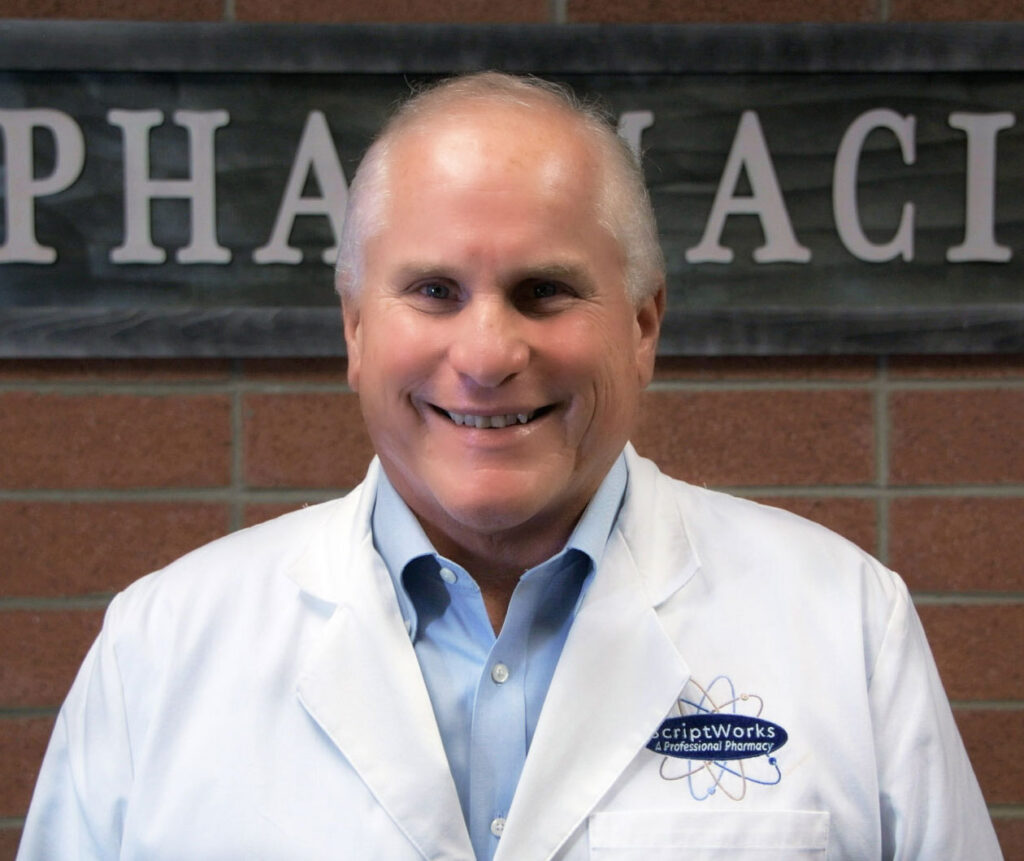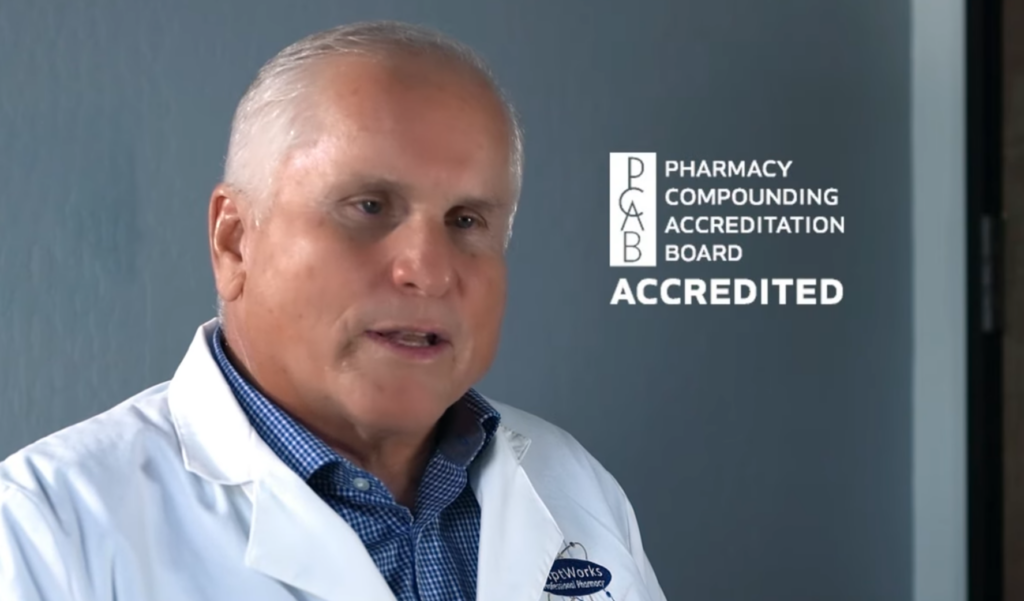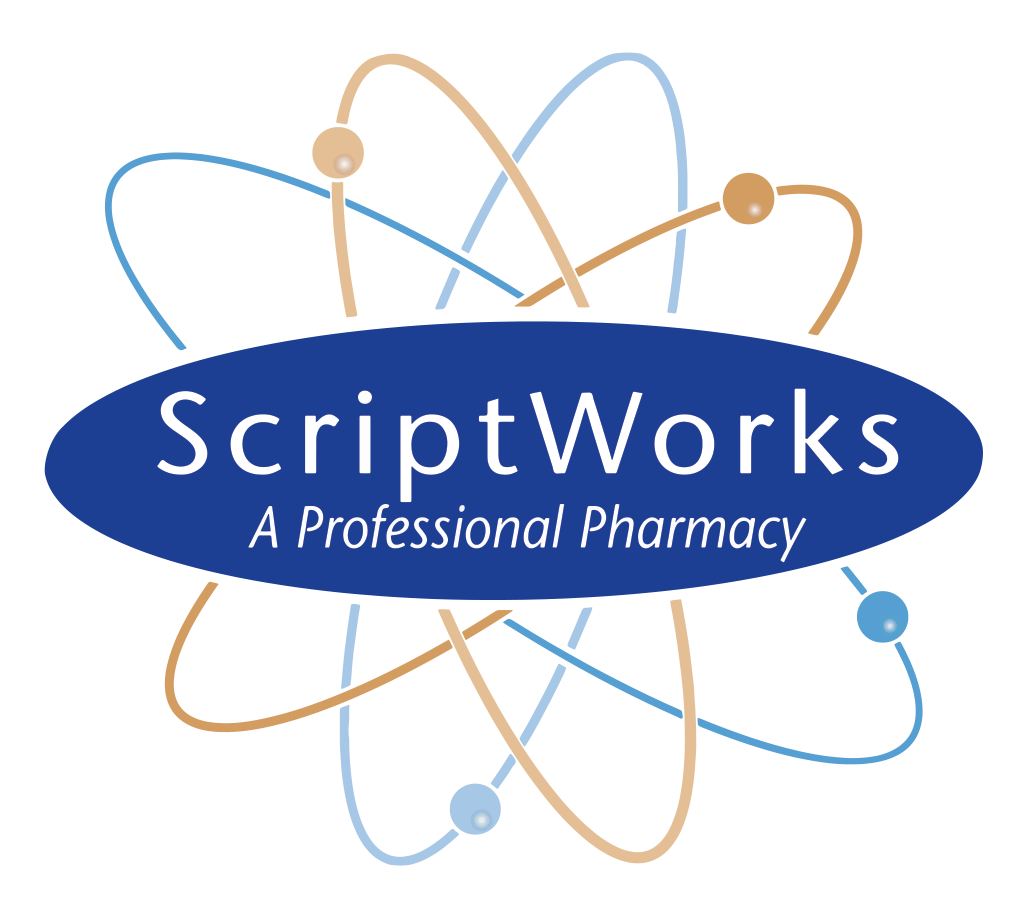
Author: Bob Brensel | President, Pharmacist | ScriptWorks
Bob Brensel, RPh, earned his Pharmacy Degree at University of the Pacific in Stockton, California in 1980. Former California Pharmacists Association’s Award Winner for Recognition of Outstanding Achievement in Compounding Pharmacy. Read More →
Simply more than just solutions for your skin
Dermatology compounding is a specialized field within pharmacy and medicine that focuses on creating customized medications for various skin conditions. It combines the science of pharmacology with the art of individualized patient care to address unique dermatological needs. In this blog post, we will delve into the world of dermatology compounding, exploring its significance, applications, and the potential benefits it offers to patients and practitioners alike.
Understanding Dermatology Compounding at ScriptWorks
As a young pharmacist, I started compounding for dermatologists in the eighties; using mortar and pestles, spatulas, and ointment slabs. We created some of the very first hair growth formulations that way.
Those compounded formulas were crude in appearance, but they worked. We grounded up tablets, and our creams were quite gritty, but that’s all we had to work with.
Times have changed at ScriptWorks in Walnut Creek and so has the quality of our dermatological compounds. We use chemicals like esters and buffers and emollients to our compounds to make them more stable, and we use state-of-the-art equipment to mix in ways that I never dreamed could happen.
ScriptWorks now has available compounding equipment like Electronic Mortars and Pestles, Ointment Mills, Resonance Acoustic Mixers, and more recently, we have added a Dual Asymmetric Centrifuge to expertly mix our creams.
This technology results in more pharmaceutical elegance, better absorption, and pure cosmetic quality in our compounded formulations.
Potential Applications of Dermatology Compounding
1. Addressing Skin Disorders: Dermatology compounding plays a crucial role in addressing a wide range of skin disorders. From acne and eczema to psoriasis and fungal infections, compounded medications can be formulated to target the underlying causes of these conditions and potentially alleviate symptoms.

2. Anti-Aging Solutions: Compounded skincare products can be tailored to combat the signs of aging, such as wrinkles, fine lines, and age spots. These formulations may include antioxidants, retinoids, and peptides that may rejuvenate the skin.
3. Scar Management: For patients dealing with scars from surgeries, injuries, or medical procedures, dermatology compounding offers specialized solutions that potentially improve the appearance and texture of scars. Compounded products may also promote collagen production and reduce inflammation.
4. Hyperpigmentation: Conditions like melasma and post-inflammatory hyperpigmentation can be challenging to address. Compounded formulations may incorporate ingredients like hydroquinone, kojic acid, and glycolic acid to help even out skin tone.
Potential Benefits of Dermatology Compounding
Personalization: Every patient’s skin is unique, and dermatology compounding allows for personalized plans tailored to individual needs, skin types, and sensitivities.
Enhanced Efficacy: Customized formulations can contain precise concentrations of active ingredients, providing potential therapeutic benefits.
Minimized Allergic Reactions: Patients with allergies or sensitivities to certain commercial skincare products may benefit from compounded solutions and medications that exclude problematic ingredients.
Innovative Solutions: Dermatology compounding allows for the creation of novel formulations that may not be available in commercial products, fostering innovation in skincare.
Challenges and Considerations
While dermatology compounding offers many advantages, it’s important to recognize that it is not without challenges.
1. Regulatory Compliance: Compounded medications must adhere to strict regulations to ensure patient safety and quality control.

2. Accreditation: ScriptWorks is a PCAB-accredited compounding pharmacy that adheres to strict protocols and procedures that adhere to California Board of Pharmacy regulations.
3. Professional Expertise: Compounding pharmacists and dermatologists need specialized training and expertise to create and prescribe these customized solutions and medications effectively.

